Choiceless Awareness
₹250.00
This Study Book features statements on this theme from Krishnamurti’s talks and discussions held between 1933 and 1967. It is a compilation of excerpts from his talks on the subject of Choiceless Awareness, a term he coined to direct our attention to a perception that is not involved with the thought/choosing process. This is a fine study book for those interested in getting to the heart of what Krishnamurti was communicating in terms of observation and awareness. ‘Choiceless awareness implies to be aware, both objectively—outside—and inwardly, without any choice, just to be aware of the colours, of the tent, of the trees, the mountains, nature—just to be aware—not choose, not say, ‘I like this, I don’t like that’, or, ‘I want this, I don’t want that’: to observe without the observer.’
Only logged in customers who have purchased this product may leave a review.
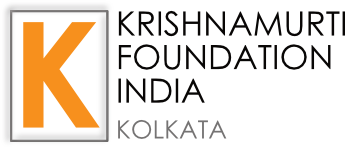
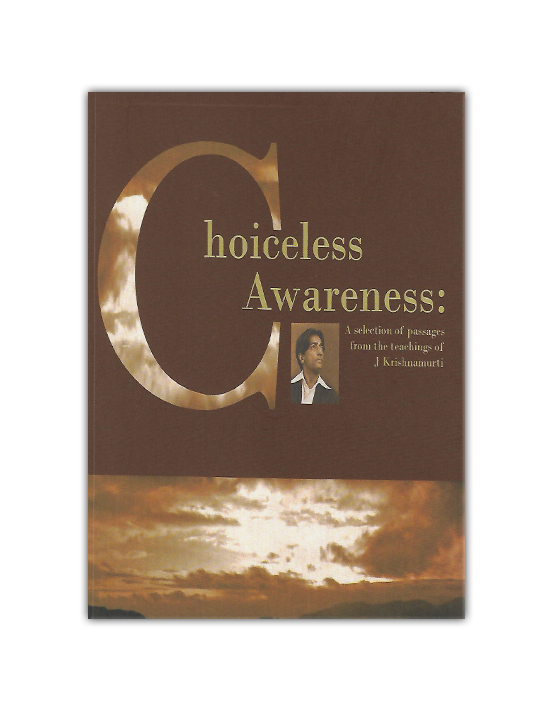
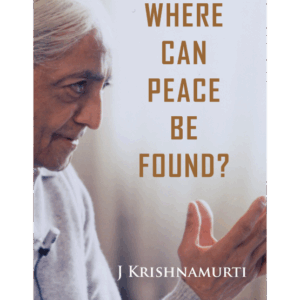
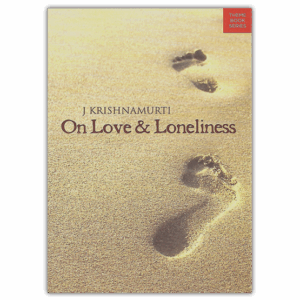
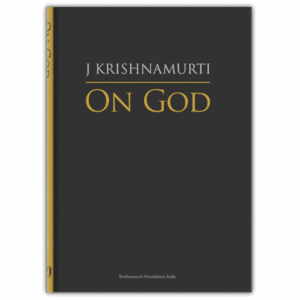
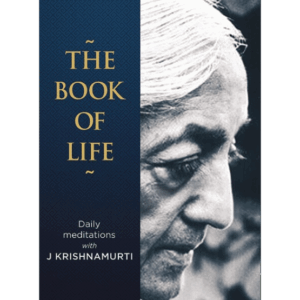
Reviews
There are no reviews yet.